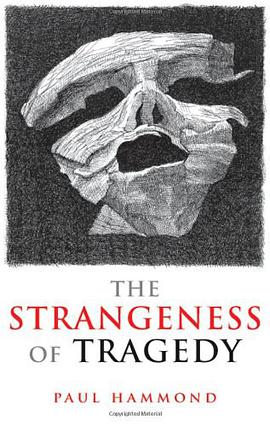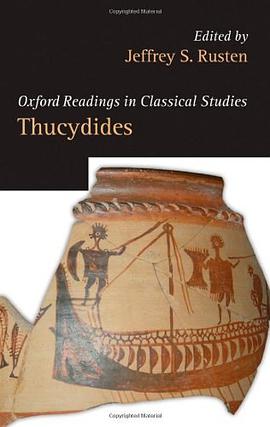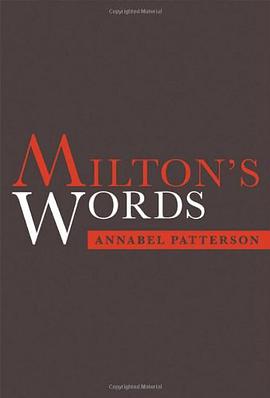

This book reads tragedy as a genre in which the protagonist is estranged from the world around him, and, displaced in time, space, and language, comes to inhabit a milieu which is no longer shared by other characters. This alienation from others also entails a decomposition of the integrity of the individual, which is often seen in tragedy's uncertainty about the protagonists' autonomy: do they act, or do the gods act through them? Where are the boundaries of the self, and the boundaries of the human? After an introductory essay exploring the theatrical and linguistic means by which the protagonist is made to inhabit a strange and singular world, the book devotes essays to plays from classical, renaissance, and neo-classical literature by Aeschylus, Sophocles, Seneca, Shakespeare, and Racine. Close attention is paid to the linguistic strangeness of the texts which is often smoothed over by editors and translators, as it is through the weirdness of tragic language that the deep estrangement of the characters is shown. Accordingly, the Greek, Latin, and French texts are quoted in the originals, with translations added, and attention is paid to textual cruces which illustrate the linguistic and conceptual difficulties of these plays.
具體描述
讀後感
評分
評分
評分
評分
用戶評價
相關圖書
本站所有內容均為互聯網搜索引擎提供的公開搜索信息,本站不存儲任何數據與內容,任何內容與數據均與本站無關,如有需要請聯繫相關搜索引擎包括但不限於百度,google,bing,sogou 等
© 2025 qciss.net All Rights Reserved. 小哈圖書下載中心 版权所有




















